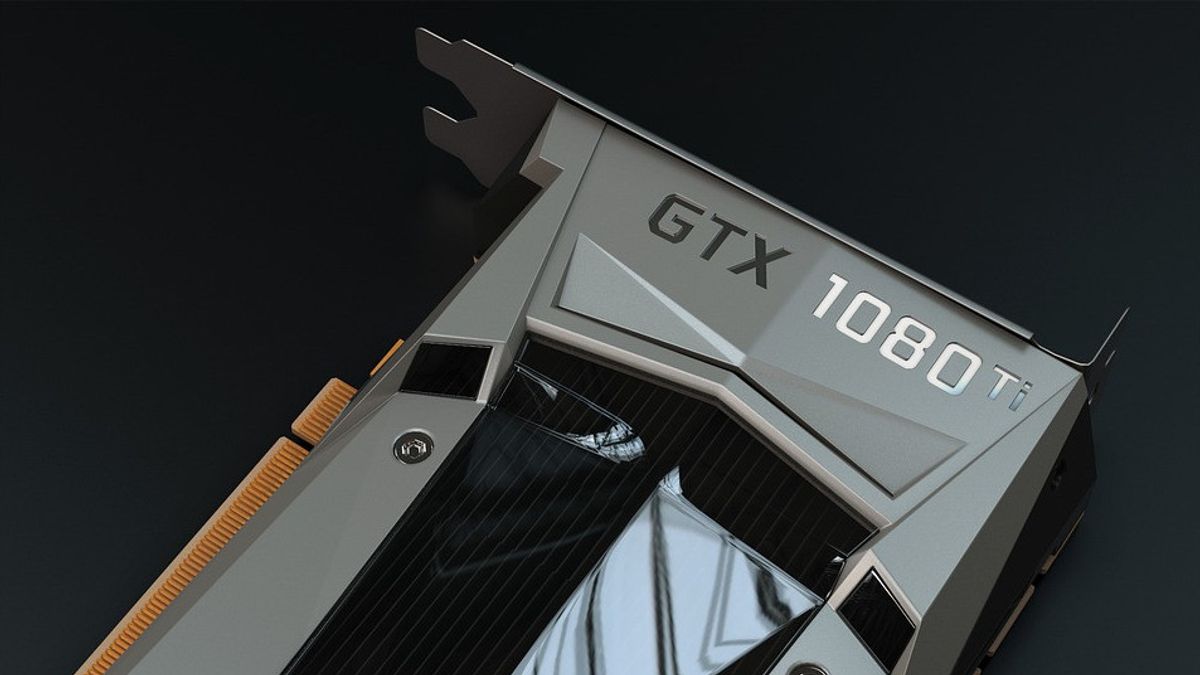JAKARTA - The US ban on Nvidia's exports and AMD's flagship artificial intelligence chips to China will create new business opportunities for startups in the Bamboo Curtain country scrambling for parts of the country's fast-growing data center chip market.
According to a Reuters report, the ban is part of the US government's longstanding efforts to crack down on US intelligence and high-performance computing, or supercomputer.
Last year, US officials placed seven Chinese supercomputer entities on the economic blacklist, and last week they banned Nvidia and AMD chips from being exported to China "to keep advanced technology from the wrong hands."
On Thursday, September 8 an independent group measuring artificial intelligence speed published new data that could help support the claims of a less-known Chinese start-up, Shanghai Biren Intelligent Technology Co, that its latest chips have surpassed the performance of one of the high-end chips banned by the US government.
According to experts, this achievement is seen as the opening for China's domestic chip company to serve Chinese customers who are cut off from access to US chips.
The measures broadly represent image processing and natural language processing, which are two significant AI workloads, said David Kanter, founder of MLCommons, the group that published the results, as quoted by Reuters. "This is quite impressive."
Promising performance ratings come after years of financing and development from Chinese startups and venture companies. These include some investors from the US, to create domestic alternatives to Nvidia Corp and Advanced Micro Devices Inc (AMD) chips.
The emergence of AI chip startups in China could interfere with US plans to slow down the development of necessary Chinese computing tools for military applications such as designing nuclear weapons. These tasks often involve and run computer simulations with high precision - something that Nvidia and AMD chips outperform.
Biren, founded by Chinese tech giant alumni Alibaba and Nvidia, has publicly said it will focus on selling BR100 chips to private data centers and cloud customers. The company says it has no plans to sell to the military.
Jack Dongarra, a prominent professor of computer science who helped lead the top 500 fastest supercomputer rankings said he had seen this scenario played out before.
"The A.S. is spreading Intel chips so they don't go to certain places in China that are currently developing high-performance computers," he said. "The result is that China is designing its own chips for its supercomputer."
CCS chip analyst Insight Wayne Lam said Biren could be "a success story, having demonstrated this capability and now having this business opportunity". He said China's computing group is likely to "have to re-witt their system and find ways to build something they can get."
However, some US chip analysts and executives say to gain an AI market share, companies need more than just a quick chip. They need to build a software ecosystem for chips that can compete with software platform Nvidia called the CUDA that dominates the current AI market.
"China's new companies in space must prove that they are reliable, can repeat hardware at the spearhead. And then offer an interesting software ecosystem," said Paul Triolo, senior vice president for China at the Strategy company paragraph Stonebridge Group.
Other companies that are also active in developing Nvidia alternatives are Chinese companies such as Cambricon, PingTouGe Alibaba Group, Iluvatar CoreX, Denglin Technology, Moore Threads, Vastai Technologies and MetaX.
data company PitchBook shows that the top start-up alone has raised $2.5 billion in recent years, including from the government-backed funds of Shanghai, Shanghai Guosheng Group, and Hillhouse Capital, which account for several US pension funds and Yale University as limited partners.
Other investors including Chinese entities are from well-known Silicon Valley venture capital companies such as Sequoia China and Lightspeed China Partners.
The investment has raised concerns for some people pushing to limit where US capital can be invested overseas, said Matt Ocko, venture capital firm Silicon Valley's partner DCVC.
His company is a major investor in a company in collaboration with the US defense and intelligence community.
The English, Chinese, Japanese, Arabic, and French versions are automatically generated by the AI. So there may still be inaccuracies in translating, please always see Indonesian as our main language. (system supported by DigitalSiber.id)













